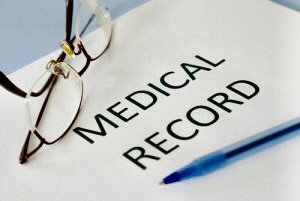An Alberta case Petrowski v Petrowski 2005 ABQB ordered the executor to produce medical records of the deceased pointing to her obvious conflict of interest in having the exclusive authority in relation to a doctor’s confidentiality when there was reason to question the testator’s mental capacity at the time of various transfers.
The decision was referred to in Armstrong v Katanko 2019 BCSC 1519 with seeming approval, but distinguishing it on the basis that Petrowski was for production of medical records and Kotanko was for lawyer-client records.
It is often crucial to obtain a complete set of the deceased’s medical records when alleging lack of mental capacity, undue influence, unconscionable contract and similar remedies in the estate litigation.
In Petrowski the deceased transferred property to his daughter, the plaintiff’s sister, during his lifetime. The sister is also the executor of his estate.
The plaintiff sought an order that he be allowed unfettered access to medical information about his father, including the ability to interview the doctors. The sister argued that as executor, she had exclusive authority in relation to a doctor’s duty of confidentiality.
The court noted the sister’s obvious conflict of interest:
“ It seems to be manifestly unfair that Joan, because she is named executrix in a will, the validity of which is also challenged, should have unfettered access to medical information concerning the deceased, and able to deny her brother the same unfettered access.”
Further, if an executrix has exclusive authority in relation to a doctor’s duty of confidentiality to the deceased, it would, in my view, constitute an abuse of that authority for the executrix, to use her authority to advance her own personal position in litigation, as distinct from the position of the estate.
If the inter vivos land transfers had been made to a third-party, and there was reason to question the transferor’s mental capacity at the time of the transfers, it could be the executrix’s duty to challenge the transfers for the benefit of the estate. In that sense the executor’s interest ias inter vivos transferee of the deceased’s land may conflict with her duties as executrix.


